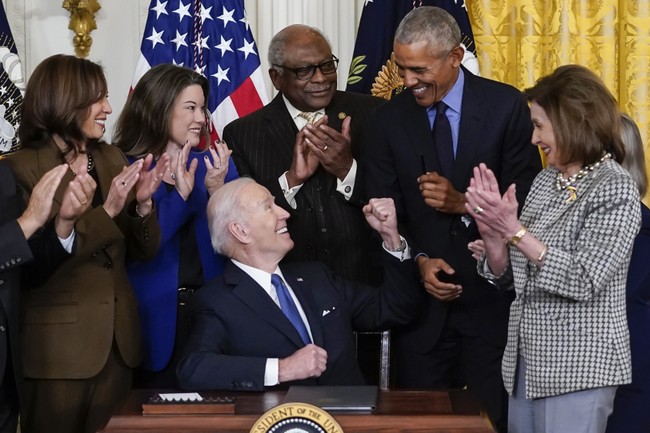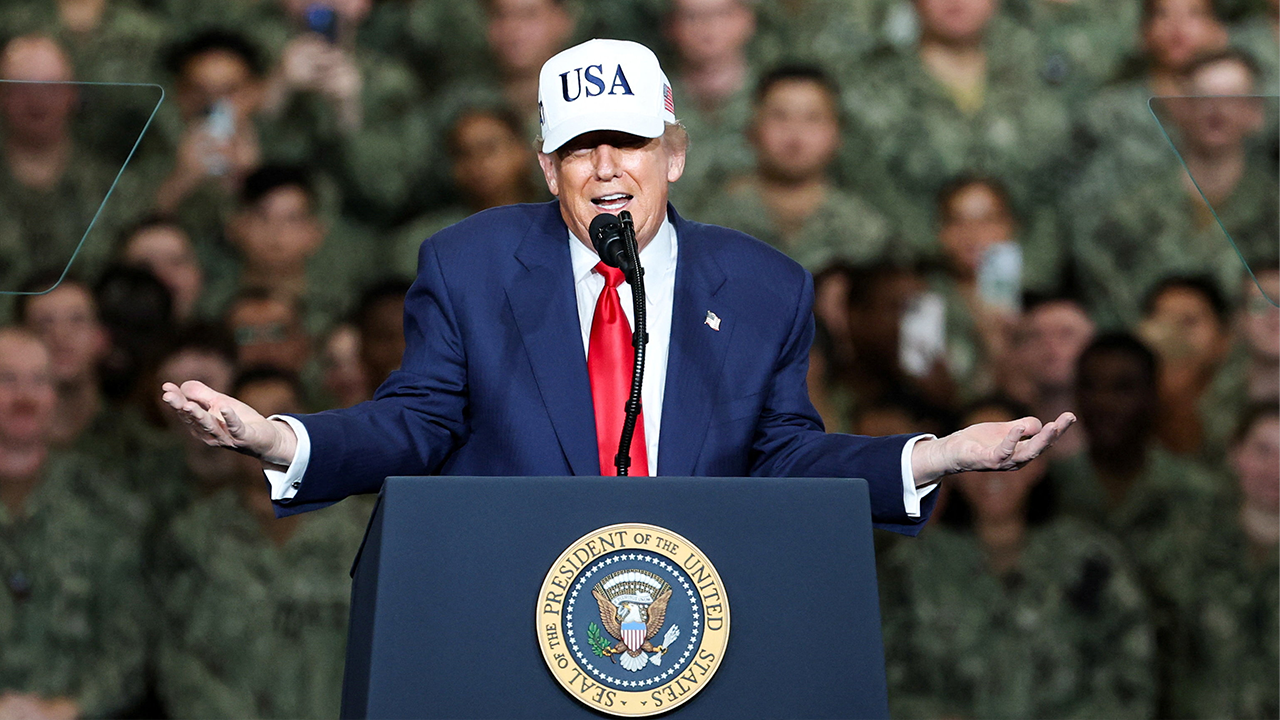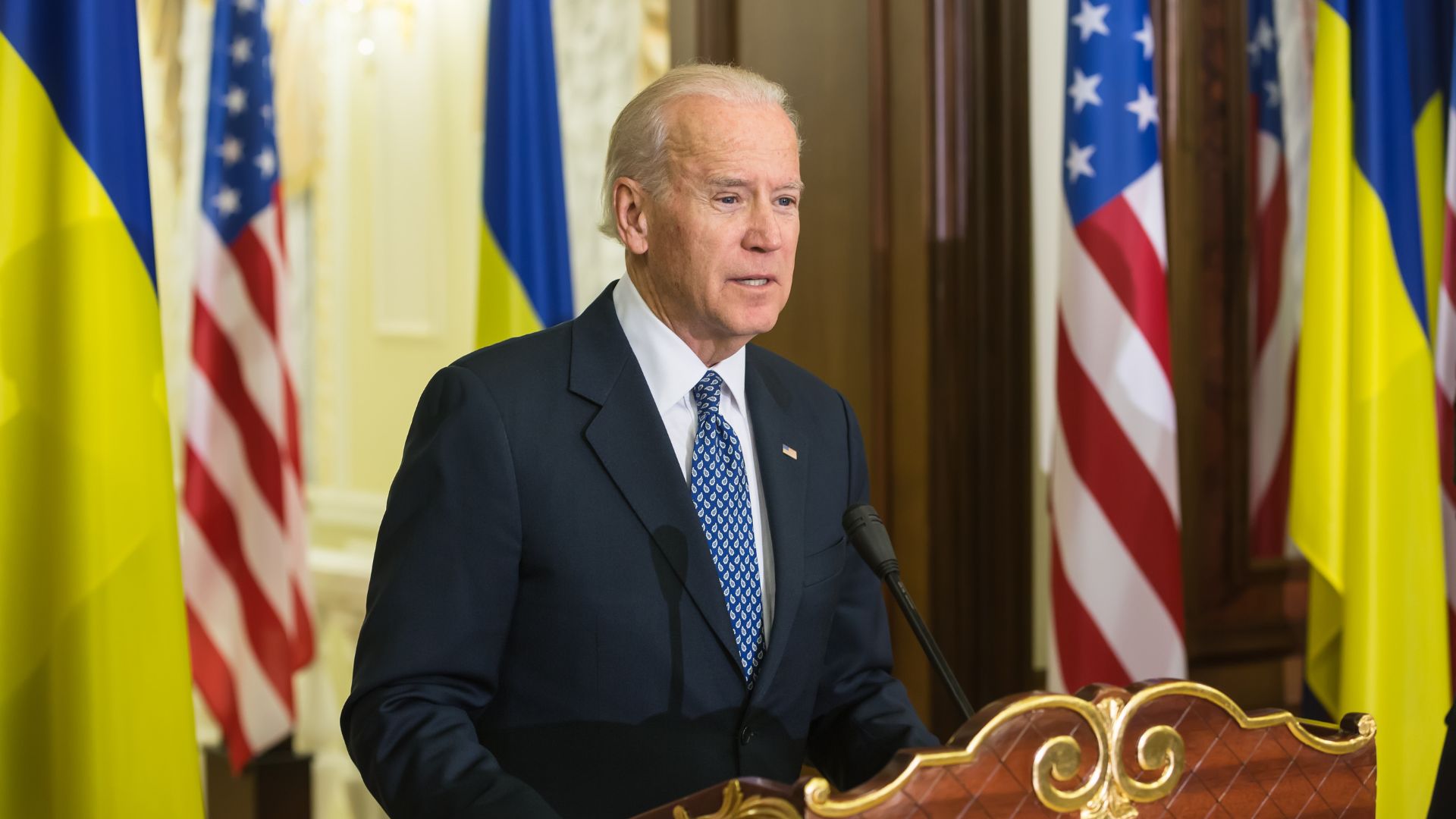President Donald Trump said in an interview with The Atlantic that he did not have a specific red line in relation to the stock market that would cause him to pull back his tariff policy.
Nearly one month into his 90-day pause on the administration’s reciprocal tariffs, Trump told The Atlantic in an Oval Office interview conducted April 24 that there isn’t a “certain number” in relation to the market that would compel him to change his approach. After the administration announced reciprocal tariffs on about 90 countries in what the White House deemed “Liberation Day,” the stock market plummeted for two days, with the Dow Jones Industrial Average seeing its steepest decline on April 4 since June 2020.
A week after “Liberation Day,” Trump announced a pause on full reciprocal tariffs, instead implementing a baseline tariff of 10%. (RELATED: EXCLUSIVE: White House Says Trump Would Veto Effort To Eliminate ‘Liberation Day’ Tariffs)
“Trump pushed back on the notion, popular among some Wall Street analysts, that financial turmoil — plummeting markets, the threat of a recession, a weakened dollar — would cause him to roll back his tariff policies,” The Atlantic wrote of their Oval Office interview with Trump.
“‘It always affects you a little bit,’ he said, but there’s no red line, no ‘certain number’ at which he would feel compelled to change course,” the article continues.
US President Donald Trump signs an executive order after delivering remarks on reciprocal tariffs during an event in the Rose Garden entitled “Make America Wealthy Again” at the White House in Washington, DC, on April 2, 2025. (Photo by SAUL LOEB/AFP via Getty Images)
“I don’t think so,” Trump responded when asked if he might roll back tariffs if there were signs the country was headed into a recession. “I don’t see how I could possibly change, because I saw what was happening. I’ve been saying this for 35, 40 years: I’ve watched this country get ripped off by other nations, and I say ‘friend and foe.’ And believe me, the friends are in many cases worse than the foe.”
The president added, “So I don’t think the answer is that it will affect me. It always affects you a little bit, but I don’t think — and certainly there’s no theory, like you say, that if it hits a certain number — I don’t know where it is today. How’s the stock market?”
As of Tuesday, White House press secretary Karoline Leavitt told reporters that the Trump administration has received “18 proposals on paper” by foreign countries in order to negotiate tariffs. Other administration officials have said that over 200 countries have reached out to Trump to make deals.
“You guys have at least 18 written trade proposals. We still don’t know who they are from or what they contain. What is the hold up with that?” Chief Fox News White House correspondent Peter Doocy asked on Tuesday.
“There is no hold up. We’re working around the clock. The trade team is working all day, I was on the phone last night with [Commerce] Secretary [Howard] Lutnick. I was on the phone this weekend as well with [Treasury] Secretary [Scott] Bessent. I mean, the entire team is working 24/7 to get these trade deals done and I think you’ll be hearing more about them this week,” Leavitt said, adding that she didn’t want to get ahead of the president on announcing deals.
Progress on China’s 145% reciprocal tariffs seems unlikely. Trump initially signaled that the tariffs would come down, but Leavitt later reversed course and said there would be “no unilateral reduction in tariffs” on China.
“The president has made it clear, China needs to make a deal with the United States of America and we are optimistic that will happen and when that continues, it will be up to the president [on] what the tariff on China will be,” Leavitt said.
Read the full article here







![Arnold Schwarzenegger ‘Terminates’ Gavin Newsom and Jake Tapper on Gerrymandering [WATCH] Arnold Schwarzenegger ‘Terminates’ Gavin Newsom and Jake Tapper on Gerrymandering [WATCH]](https://www.lifezette.com/wp-content/uploads/2025/10/2025.10.28-08.06-lifezette-69007988a187b.jpg)



